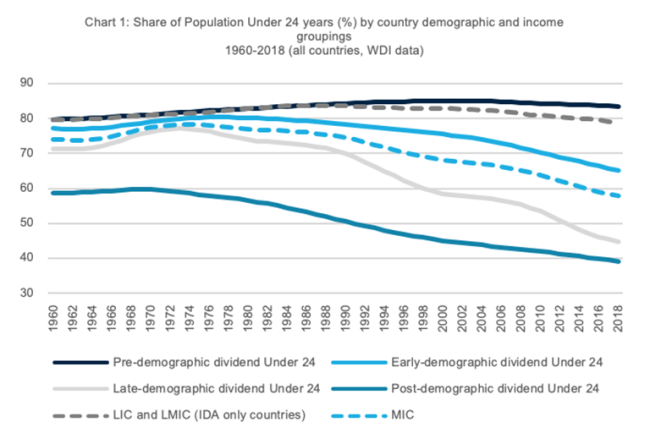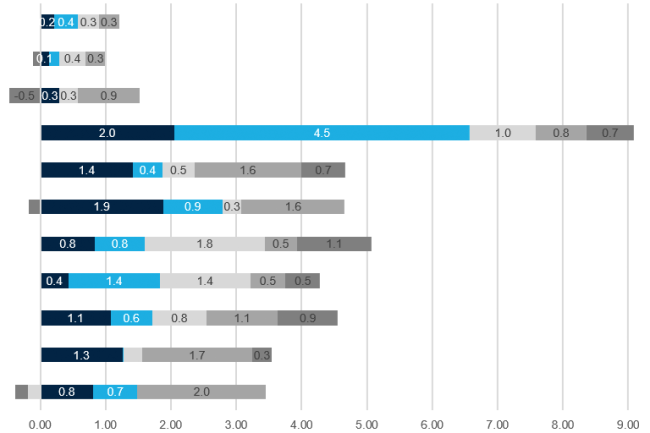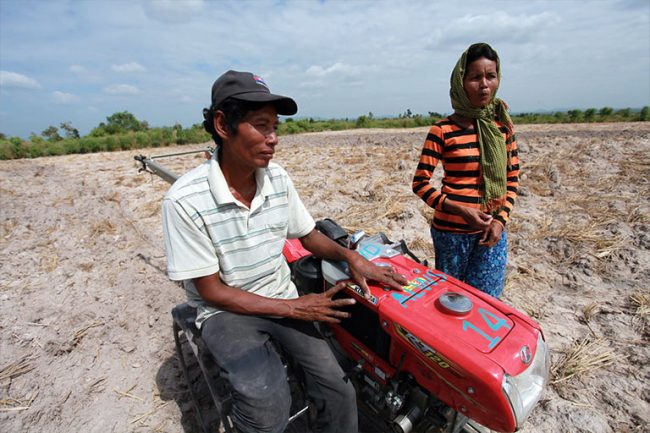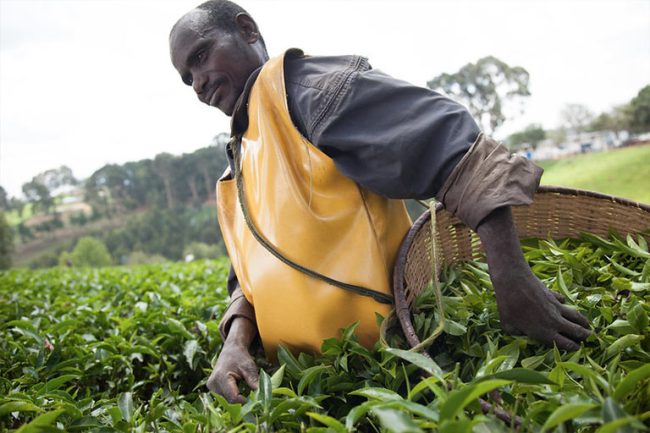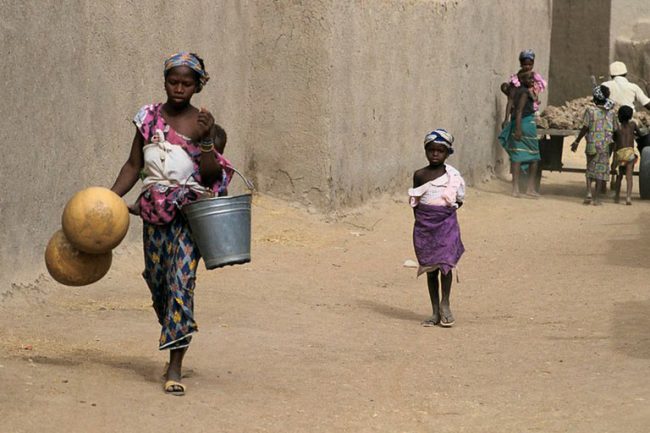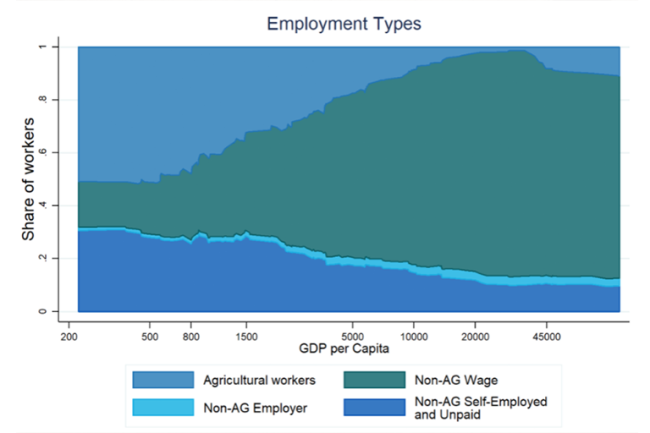#14 Malaysia’s Sectoral Transformation: from Farms, to Factories, to Firms
Photo: Nafise Motlaq / World Bank Authors: Amanina Abdur Rahman and Achim Schmillen Similar to the trajectory of development seen in many other countries (see blog #3 in the series), over the decades since independence in 1957, Malaysia has seen a significant increase in GDP per capita from labor productivity. The country also underwent…




